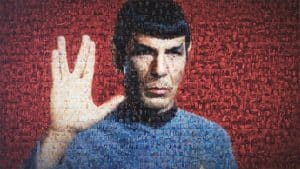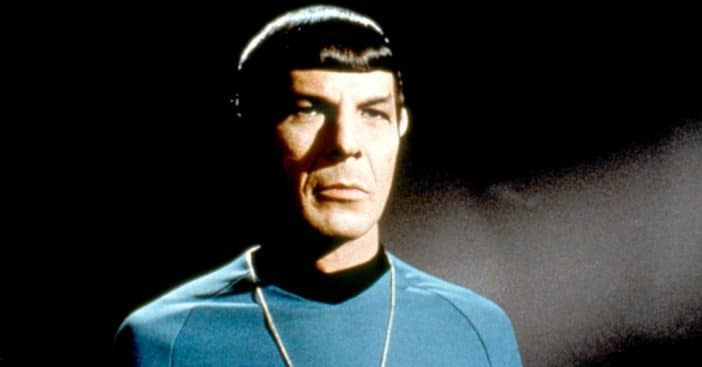
There are some actors who brought their respective characters to life with such iconic expertise that they become synonymous with the fictional being for decades to come. Such is undoubtedly the case with Leonard Nimoy as Commander Spock throughout Star Trek. But if Nimoy had gone with his initial instincts, he’d have split from the intergalactic project before it got off the ground.
Since the advent of television and bite-sized TV programming, actors have feared being typecast or forever known by one single role when they want to be celebrated for their versatility. That was a frustration Nimoy felt – but his reservations were actually rooted in Spock’s apparent apathetic nature.
Leonard Nimoy was worried about playing a character as stoic as Spock
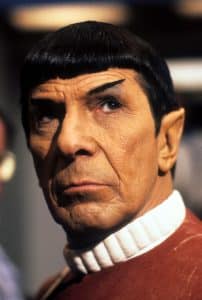
Through all his iterations, Spock has maintained a seemingly distant attitude, always favoring logic of the mind over emotions of the heart. Outwardly, this is expressed in a monotone delivery and distant demeanor.
That’s where the problem with Spock started for Nimoy, who voiced his concerns to director Joseph Sargent. “He said, ‘How can I play a character without emotion? I don’t know how to do that. I’m going to be on one note throughout the entire series,'” recalled Sargent in the book The Fifty Year Mission — The First 25 Years by Edward Gross and Mark A. Altman.
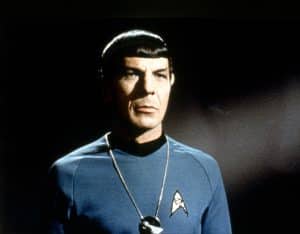
RELATED: The Cast Of ‘Star Trek: The Next Generation’ Then And Now 2023
“I agreed with him and we worked like hell to give him some emotional context, but [series creator] Gene [Roddenberry] said, ‘No way, the very nature of this character’s contribution is that he isn’t an earthling. As a Vulcan, he is intellect over emotion.’ Leonard was ready to quit because he didn’t know how he was going to do it.”
These doubts came up while they were filming “The Corbomite Maneuver,” the very first episode of Star Trek they filmed together. So, how was Nimoy persuaded to stay?
Character evolution for the actor and audience to enjoy

Of course, there’s more to Spock than unflinching patience. The films starring Chris Pine as Captain Kirk and Zachary Quinto as Spock tapped into the Vulcan’s half-human heritage by giving the character emotional outbursts both overt and discreet. But Nimoy himself also got to explore the depth of Spock’s suppressed emotions; they had not been nonexistent but rather stifled.
Indeed, once Nimoy realized Spock did have emotions – he just had them under very tight control – he was able to latch onto and work with that defining trait. However, moderating his own moods meant Nimoy would sometimes burst into tears during meetings because “the emotions just had to come out somewhere.
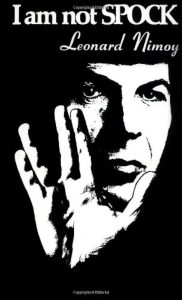
That’s not to say Nimoy was rid of all his issues with Spock, but from then on it was mostly how strongly his name became associated with that character above all else. By ’75, Nimoy was so intent on distancing himself from the character, he penned an autobiography cheekily named I Am Not Spock. The book received backlash and fans vocalized their hurt, but despite the rollercoaster the USS Enterprise sent him on, he assured his loyal crew that he never felt resentment towards fans or the franchise. Their friendship could live long and prosper.
